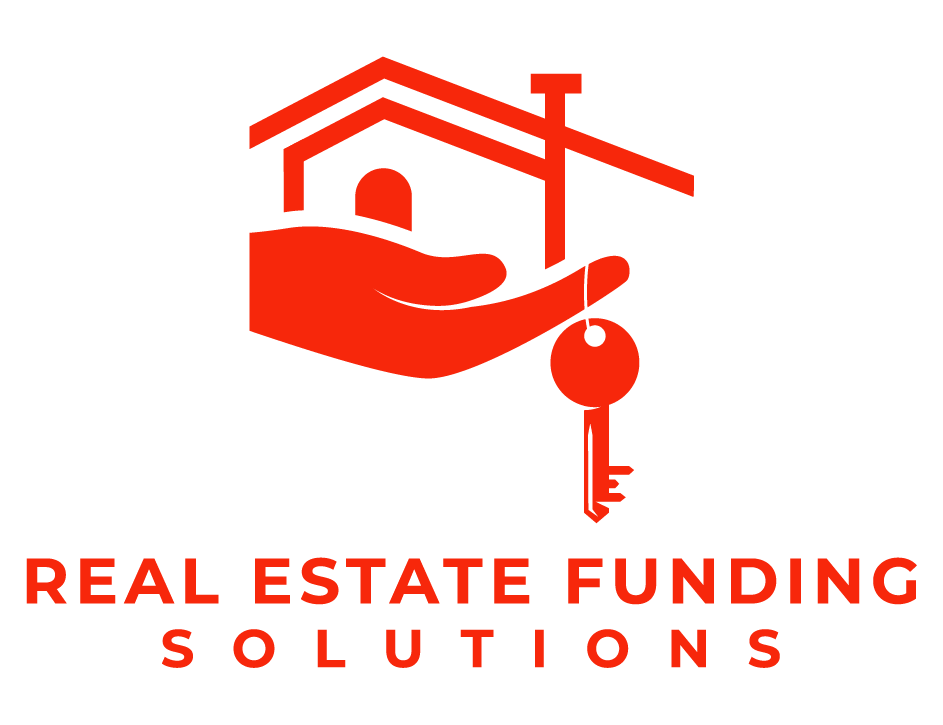Building your new home from the ground up can give you a lot of benefits. You can select the layout that best fits your family and with a style that makes the house feel like your home from day one. However, this process can be a little complex, especially when finding the right financing. You will require a home building loan, which works quite differently than a regular mortgage. Finalizing your construction loan before you break ground can help you build your home more smoothly. While you will have to get a construction loan to build your property, a personal loan is also a good option that can help you fund other home projects like additions and renovation.
What Are Home-Building Loans, And How Do They Work?
A home building loan is a unique financing that covers the cost of building a new residential property. It generally works very differently than a traditional mortgage loan. A construction loan is quite similar to a personal loan since it is usually short-term and typically comes with a higher interest rate. Hence, the interest rates for these loans are higher because the lender is taking additional risks. If you ever fail to make payments, it can be difficult for your lender to sell a partially built property after foreclosure.
Unlike personal mortgages or loans, a home building loan can’t be disbursed all at once. Instead, you or your building contractor can withdraw from your loan in different stages as your construction progresses. During the construction, you will generally make interest-only payments on your loan. Depending on your construction timeline, you can start making payments on the loan after six months to two years after your loan closes. When your home’s construction ends, the loan will convert into a traditional mortgage – though you will have to pay off the loan in a lump sum.
The Draw Schedule
Your construction loan funds’ disbursing process is called a draw schedule. Before closing, you and your home builder must sign an official agreement outlining how your draw schedule will work. It corresponds with all the various phases of your construction. Your home builder can ask to draw from your loan as the construction work is completed and inspected.
In most cases, you will not be able to make the final draw until your home’s construction is finished and your local government issues an official certificate of occupancy. Your lender can also charge you a penalty fee if your construction process takes longer than expected to finish.
Types Of Construction Loans
Which home-building loan works best for you depends on your unique situation. A few variables can help you determine the loan you must choose. These include your project’s scale, who’s working on your project, and how the market, in general, is moving.
Construction-To-Permanent Loans
These loans ideally start as a construction loan that helps you pay for all the costs of your build, then convert to permanent financing after you are ready to move in. You will close once on your loan and pay a single set of closing costs, making it more cost-effective and convenient. You can also lock in an interest rate, making it an excellent option if the rates rise.
Construction-Only Loans
Construction-only loans cover only the cost of your project’s construction. You can pay off this loan in a lump sum towards the end of your project or choose to take out a traditional mortgage. If the interest rates are falling, you can select this option to access lower rates on your permanent mortgage. It is also a great option if you wish to shop around for a mortgage after the build rather than sticking to a particular construction-to-permanent loan program. However, you must understand that applying for two different loans will add to your overall risk and costs.
Owner-Building Construction Loans
Several construction loans need you to work with a professional home builder or a general contractor for your project. However, if you wish to oversee the construction yourself, you will need to get an owner-builder construction loan. Though you may find qualifying or finding these loans hard, they can help you save a lot of money in overhead costs.
Renovation Loans
If your project is improving an existing property instead of building a new one, you will have to get a renovation loan. These loans allow homeowners to buy a property and fix it or finance additions or repairs on a home they already own.
Depending on your unique case, you can use either of these loans. However, if you need help selecting the right loan for your project, we suggest you contact Real Estate Funding Solutions for help!
Real Estate Funding Solutions Can Help Guide You Through The Process!
The team from Real Estate Funding Solutions can help you find the right loan terms for your next home construction project. We have years of training and experience in the field and can help you take the proper steps toward building your dream house. If you have any questions or queries related to ground-up construction loans, contact our team at 855-913-8637 for help.


